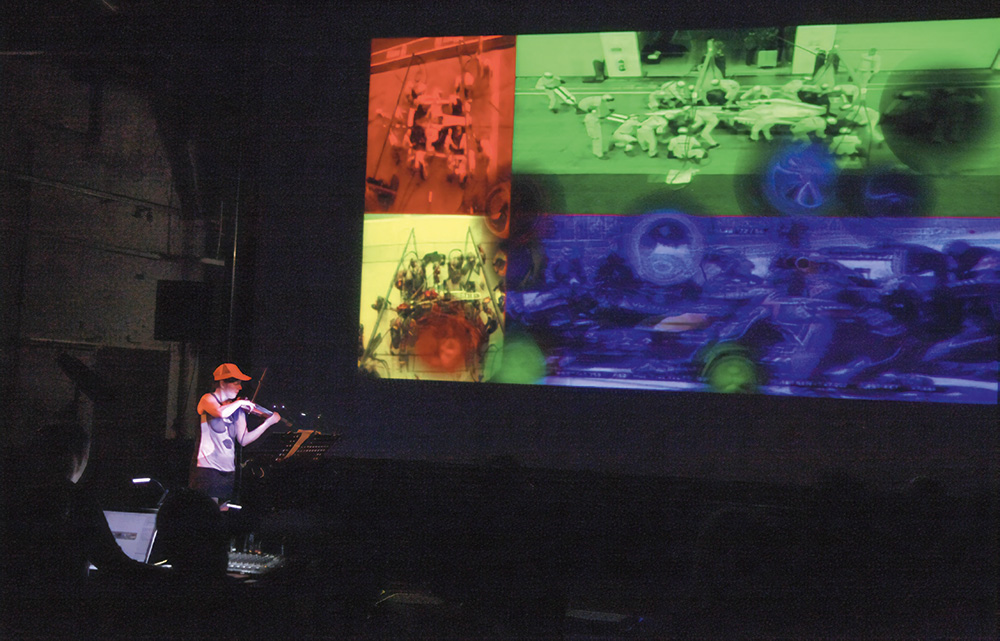The idea of knowledge as a companion or component of the arts goes back quite far—be it how mathematics was explored as part of music in ancient times, or how Leonardo da Vinci conducted scientific experiments as a fine artist. Since the late 20th-century, however, the idea of convergence between the two would seem to have taken on a new urgency. New media, artificial intelligence, new conditions for the production of art, and the so-called knowledge society as well as changing audiences are pitting both the arts and basic research disciplines against new challenges. It’s said to be possible—or even required—to “deal with art as an epistemic practice, which is to say: as a ‘subject of theory’”1, postulate the proponents of a new theory of artistic research.

The mdw, with its lecture series entitled Knowing in Performing, is picking up this train of thought and lending depth to the theme in light of specific questions in the performing arts context. This lecture series represents a further step in the development of a critical discourse concerning artistic research that is oriented on the specific conditions and contingencies of artistic and academic output at the mdw. The mdw’s existing foundations for this undertaking are diverse: previous projects such as Art and Science in Dialogue in the context of gender studies (Doris Ingrisch) as well as Tacit Knowing in Musical Composition Process (Tasos Zembylas), PEEK projects currently underway such as Rotting Sounds (Thomas Grill) and Creative (Mis)Understandings (Johannes Kretz, Wei-Ya Lin), and the artistic research pilot project call issued by the Office of Research Support along with the synonymous symposium Knowing in Performing this past spring can be mentioned here as examples.
At a total of six scheduled events in a series that began in October 2018, internationally renowned experts are now presenting the state of the art in artistic research and innovative teaching formats. Pianist and artistic researcher Paulo de Assis, currently head of the research lab MusicExperimentX at the renowned Orpheus Institute in Ghent, opened the series with his new perspective on the classic understanding of musical works by suggesting the integration of “archival and musicological research in the creative process all the way to performance”. Further emphases include the question of collective authorship posed by Barbara Lüneburg. This violinist and newly appointed professor of artistic research at the Anton Bruckner University in Linz is also introducing new focuses for artistic doctorates at arts universities (see interview). And Johannes Kreidler, for his part, will investigate the concepts and traditions that underlie conceptual music—while also asking just how much conceptualism is necessary in the arts.
Other priorities of the lecture series Knowing in Performing will include a special focus on various models for the implementation of artistic research in curricula and study programmes of arts universities, one of which is the concept of the artistic doctoral programme. International institutionalisation policies will be subjected to critical analysis and comparison with the intention of stimulating broad discussion of the possibilities of integrating current practices and discourse into future curricula and research agendas—as well as regarding the conditions under which this might take place. For the intertwining of art and science ideally leads to a form of knowing in and through the arts from which both sides can profit in their own distinct ways.
- All information and dates can be found at: mdw.ac.at/knowinginperforming_rvo
- Interview with Barbara Lüneburg: https://www.mdw.ac.at/magazin/index.php/2018/11/29/barbara-lueneburg-im-interview/?lang=en

